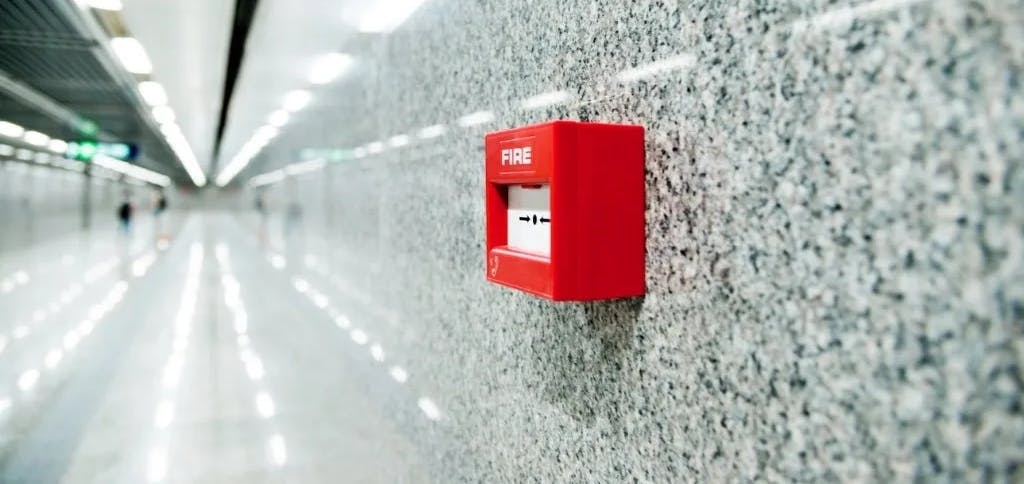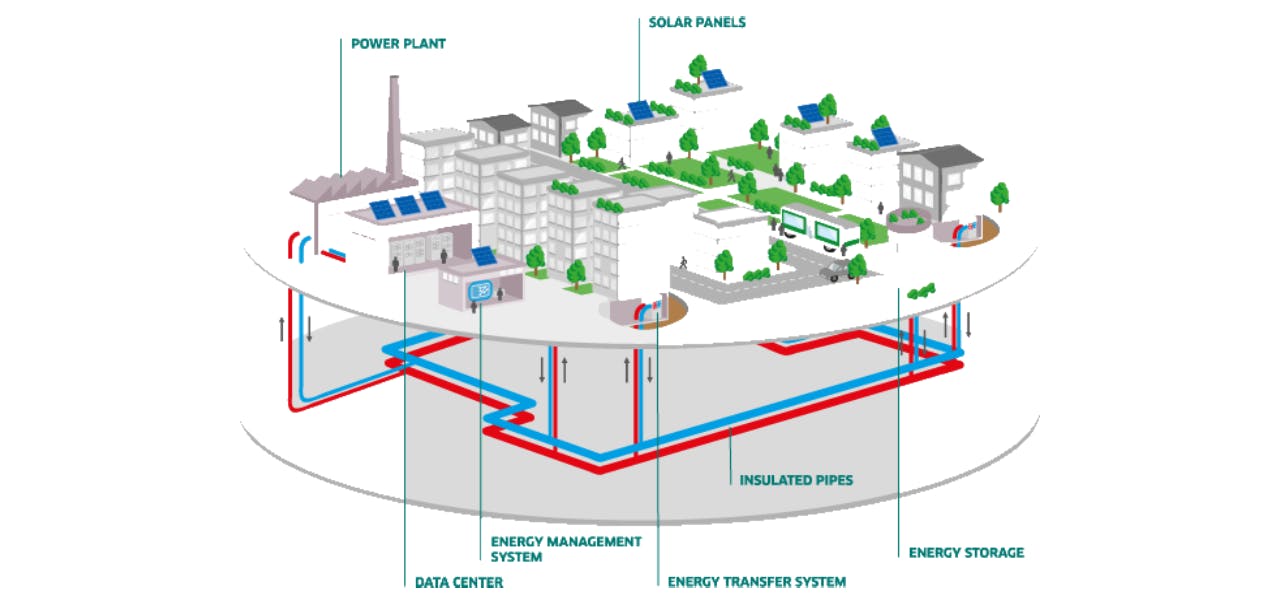Communal Heating systems have been a key strategy adopted by social housing providers looking to demonstrate a responsible approach to delivering new social housing accommodation which addresses the drive towards low carbon heating provision while also lowering costs for social housing residents. In the current climate of rising gas and electricity costs and with ever greater focus on the climate crisis, district heating is likely to become an ever-increasing percentage of social landlords’ portfolios.
While much effort is put into the design and maintenance of the system, maximisation of performance via emerging technology in appliances, control strategies and correct application of the design of supply networks and HIUs, one major area is frequently overlooked.
Clear Safety’s day-to-day oversight of hundreds of plant rooms has highlighted evidence that suggest inappropriate or non-existent water treatment and conditioning is often the root cause of poor system performance and the reduced life span of expensive equipment. Yet little attention is given to this important aspect of the maintenance regime and it is often left with an incumbent maintenance contractor to undertake and maintain records, without the independent assessment, which is present elsewhere in the contractor oversight regime.
The importance of water quality
Failure to monitor and maintain water quality in a heat network can have disastrous – and expensive – consequences. The corrosive effect of poor-quality water in the system can lead to system failure and premature failure of pipework, plant room appliances and heat interface units. The capital expenditure associated with resolving these problems is high. This is in stark contrast to the relatively low cost associated with implementing an independent, verified water sampling regime which represents an efficient and reliable means of mitigating the risk.
To function effectively, all heating systems must work with clean, good-quality water. Put simply, this means the water must be proven to contain the appropriate oxygen content, total hardness, conductivity, suspended solids, total metals, chlorides, settled sludge, sulphate, micro-biological activity and correct pH.
Water treatment visibility
As with other areas of planned preventive maintenance (PPM), the best practice should be for an independent accredited water treatment specialist to regularly analyse and report back on the quality of samples of supply and system water. Their role would include analysis of the samples and recommendations of the appropriate water treatment products to maintain water quality, minimise corrosion, and inhibit the formation of mineral scale and the growth of microbiological organisms, in line with appropriate manufacturer guidelines. Any products used should be compliant with all materials used in the heating system, and not simply the cheapest or easiest available and should be evidenced as administered as per the approved instructions. This would bring the water treatment regime in line with other such schedules, such as maintenance works to appliances, and of course, compliance documentation.
Audit trail- the benefits
Considering water treatment as part of the overall maintenance and compliance regimes, and evidencing its completion as part of the audit trail of PPM works via independent accreditation, provides the landlord with reassurance regarding contractor works and obligations as well as important evidence to manufacturers and principle designers that if appliances fail prematurely or systems underperform, unknown water quality cannot be used as mitigation of warranties, guarantees or potential design issues. In addition, water treatment ensures the heat network has the best chance of optimum performance, returning the greatest possible efficiency and cost - and alongside other properly evidenced maintenance, delivering the expected longevity of appliances and systems to maximise the lifespan of capital investment, as part of any BREEAM approach to value for money.
Independent validation of water quality
Clear Safety can provide a UKAS-accredited, fully auditable, water quality testing regime, providing landlords with unbiased and impartial proof, (independent of their maintenance contractors), regarding the quality of the system water.
To find out more about Clear’s established water testing protocols, please contact the company on 01303 684001 or email info@clearsafety.co.uk
With thanks to The Industrial and Commercial Energy Association – Water Treatment and Conditioning of Commercial Heating Systems Guide. www.icom.org.uk
First published: December 2022




